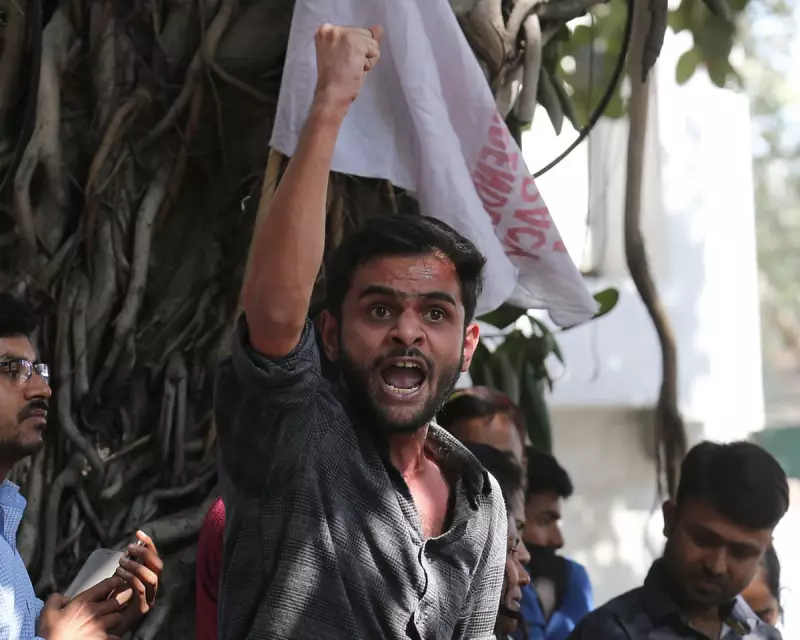
The fifth anniversary of Umar Khalid's imprisonment passed not with a trial verdict, but with the chilling silence of a cell. The former Jawaharlal Nehru University scholar and activist has spent 1,825 days in Delhi's Tihar Jail, yet to see the inside of a courtroom for a full trial on charges he and his supporters vehemently deny.
A Draconian Law and Endless Delay
Khalid's incarceration is facilitated by India's Unlawful Activities (Prevention) Act (UAPA), an anti-terrorism statute notorious for its stringent bail provisions. Under the UAPA, the legal process can stretch for years, effectively allowing the state to hold individuals indefinitely without conviction.
His case is emblematic of a wider crackdown. Co-accused and fellow activist Sharjeel Imam has also been denied bail, while others like Gulfisha Fatima and Asif Iqbal Tanha, though eventually granted bail, endured years behind bars awaiting trial.
The Charges: Conspiracy Behind the Delhi Riots
Khalid stands accused of orchestrating a "larger conspiracy" behind the devastating 2020 Delhi riots, which resulted in the deaths of over 50 people, predominantly Muslims. The chargesheet, a sprawling document of over 17,000 pages, alleges he was a key mastermind.
Critics of the prosecution argue the case is built on flimsy evidence, relying heavily on a supposed conspiracy speech Khalid gave in Amravati. They point out that the speech contained no calls for violence, a fact even noted by the judge in a related bail hearing.
A Global Outcry and a Family's Anguish
The prolonged detention has drawn condemnation from major human rights organisations, including Amnesty International and Human Rights Watch, who label it a blatant abuse of counter-terrorism laws to silence dissent.
For Khalid's family, the years have been a relentless cycle of hope and despair. His father, Syed Qasim Rasheed Ilyas, speaks of a son being "punished for his ideas" and for daring to criticise the government. Each delayed hearing and denied bail application is another blow in a seemingly endless legal battle.
A Test for Indian Democracy
Legal experts and civil society groups warn that Khalid's case is not an anomaly but a symptom of a deepening crisis for civil liberties in India. The weaponisation of laws like the UAPA against intellectuals, students, and activists poses a fundamental threat to the democratic principle of "innocent until proven guilty."
As Umar Khalid enters his sixth year in jail without a trial, his case remains a stark litmus test for the health of India's judiciary and its commitment to protecting the rights of its citizens against state overreach.






